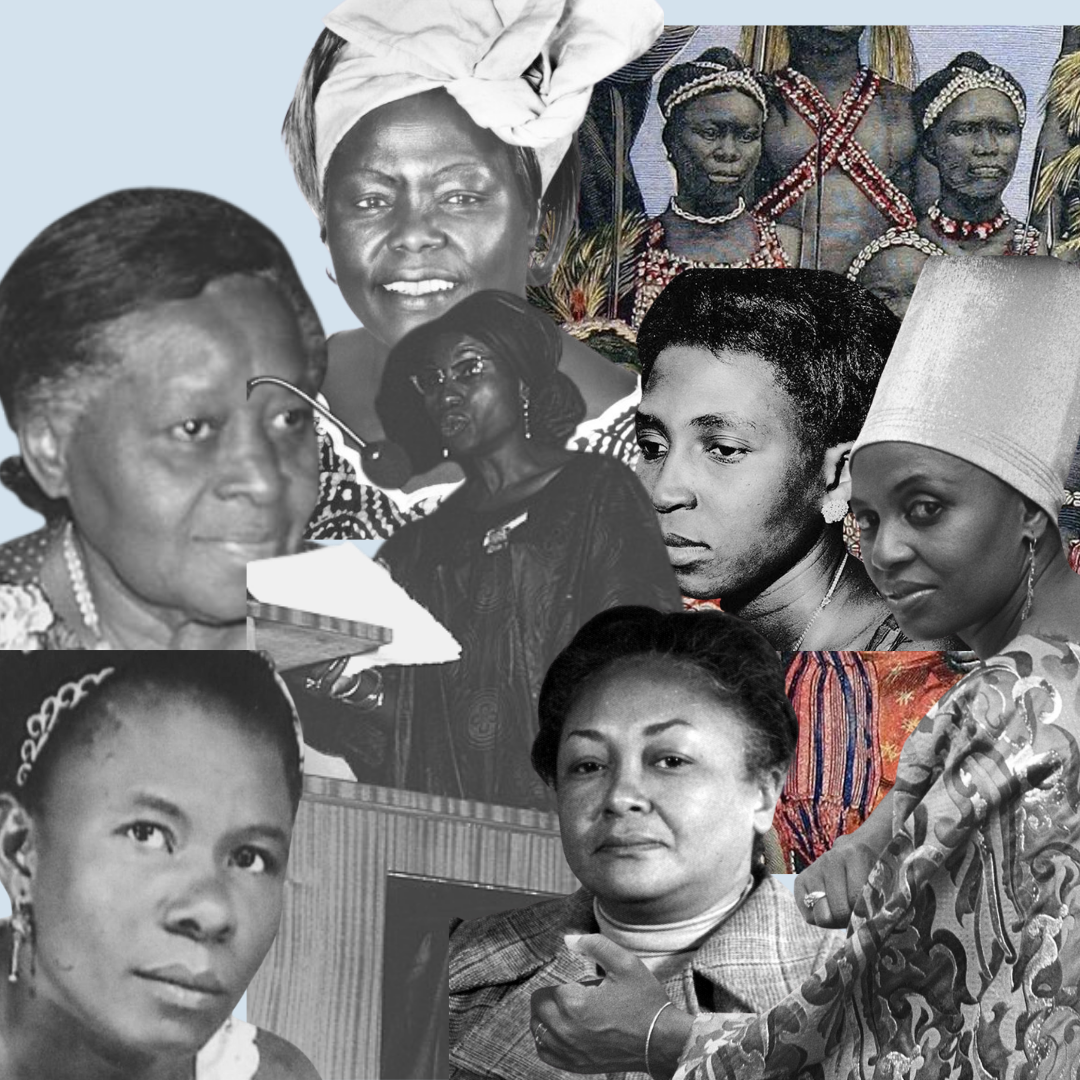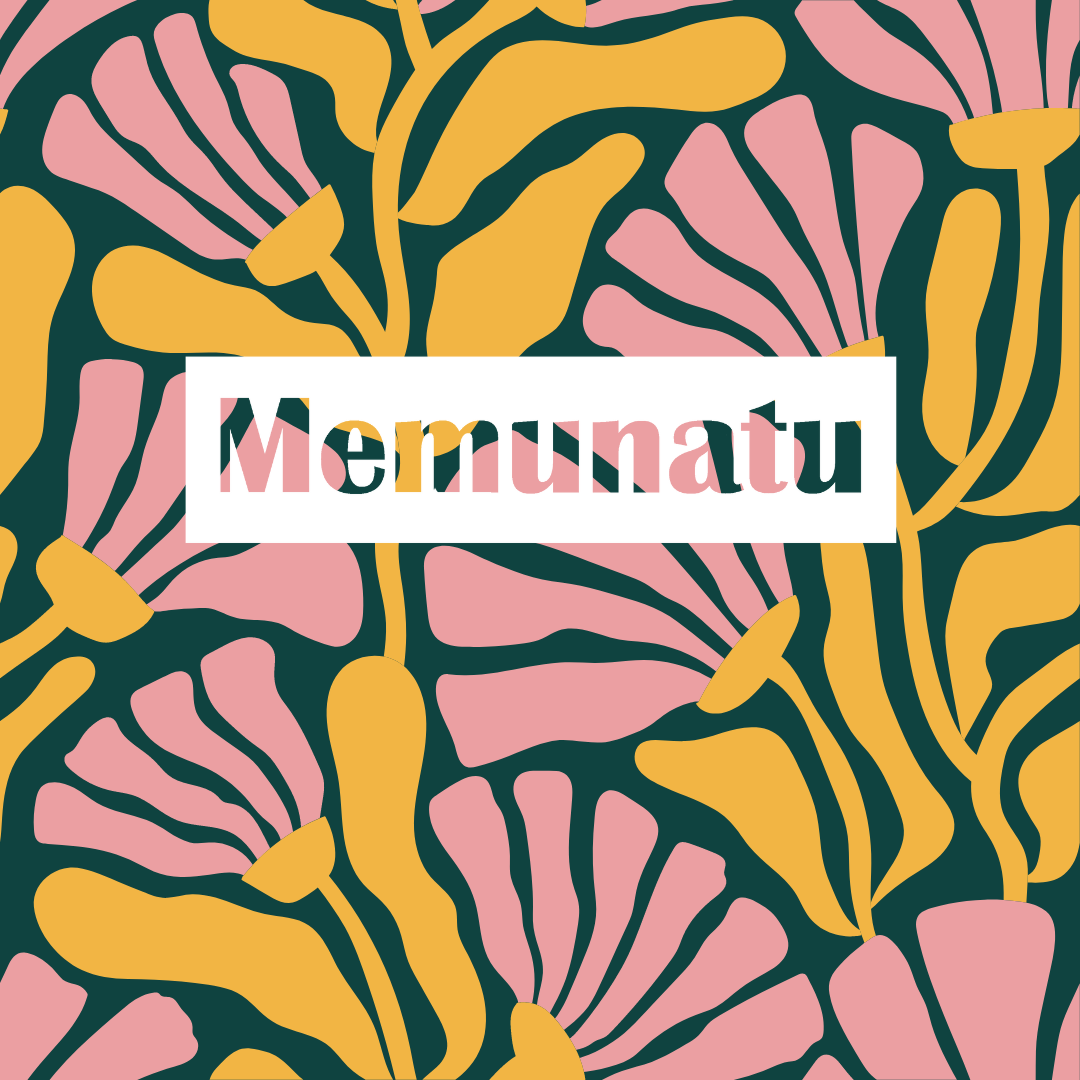The end of October marked the end of Black History Month celebrations in the UK, a time when the African diaspora of Britain reflects on our collective impact on the shaping of society. It can be a bittersweet occasion, as we’re reminded of the ways in which the contributions of Africans both past and present are often overlooked, undermined and tokenized.
That being said, it provides the opportunity for us to reconnect with our roots by taking the time to learn about figures from our past who can serve as inspiration in the present; An opportunity to challenge harmful, pervasive notions about what Africa was and thus what it can be in the future.When it comes to the histories of African women in particular, it’s empowering to recognise the achievements of our ancestors and elders and it’s encouraging to see historic stories of resistance, regality and cultural prowess in a world that’s desperate to convince African women that we are lesser. This month’s listicle is about acquainting ourselves with this more prideful outlook on the history of African women.
Just as thirty days isn’t enough time to commemorate our rich history, a brief list of impressive African women throughout history can never paint the full picture. However, we hope it serves as a reminder that there is also power in our past- something to bear in mind whether it’s Black History Month or not.
Taytu Betul (c.1851–1918) – An infallible queen and Empress of Ethiopia, Taytu Betul’s grace and diplomacy was instrumental in overcoming Italian imperialist attempts of conquering Ethiopia.
Wangari Maathai (1940–2011) – Wangari Maathai was an environmental activist and academic who founded the Green Belt Movement in 1977. The pioneering initiative encourages tree-planting and reforestation as a way to combat environmental degradation.
Rose Lokissim (1953 -1886) – Rose Lokissim was a Chadian soldier who famously opposed dictator Hissène Habré. As one of the first high-ranking women soldiers in Chad, she began fighting against Habré’s totalitarianism in 1982.
Gisele Rabesahala (1929- 2011) – Perhaps Madagascar’s most celebrated woman politician of the twentieth century, Gisèle Rabesahala was devoted to her country’s independence, human rights and liberty for all. She broke many barriers throughout her career to become the first Malagasy woman to be elected as a municipal councillor in 1956; the first female political party leader in 1958 and the first woman to be appointed minister in 1977.
Zenzi Miriam Makeba (1932- 2008) – Miriam Makeba was a grammy-award winning singer, actress and UN Goodwill Ambassador from South Africa. Her talent, tenacity and emotive lyricism made her one of the earliest African musicians to gain world-wide recognition and a celebrated symbol of the fight against apartheid.
Alda do Espírito Santo (1926 – 2010) – Alsa do Espirito Santo was the first woman in Africa to publish poetry in Portuguese. She was a proud African liberationist who became a well-known figure in Sao Tome and Principe’s fight for independence. Her contributions were so impactful that following the country’s independence in 1975, she held several important offices in the government.
The women soldiers of Dahomey – The women soldiers of Dahomey were expert military troops which contributed to the military power of the Kingdom of Dahomey throughout the eighteenth and nineteenth centuries. They were as revered in their country as they were feared by their adversaries. Legend states that these formidable woman warriors never turned their backs on battle.
Mariama Ba (1929-1981) – Amongst the first generation of Senegalese women who attended French school during the interwar period, Mariama Ba was, in equal parts, a pioneer in the domain of literature, as she was in the West African feminist movement.
Aoua Keita (1912 – 1980) – Aoua Keita was an award winning independence activist and writer from Mali. She attended the first girls’ school in her home town of Bamako in 1923 and later earned a midwifery diploma. She was also a member of the African Democratic Rally (RDA) and in 1959, she became a Member of Parliament and the first woman in French-speaking Africa to be elected to government.
Sarrounia Mangou – At the end of the 19th century, Sarrounia Mangou was the queen of Lougou, the capital of the Anza kingdom which is known today as southwest Niger. Her first name means ‘queen’ in Hausa and is the inherited title given to a political and religious leader. She is recognized in Hausa folklore for having resisted both attempts by the Peuls of the Sokoto Empire (modern-day northern Nigeria) to Islamise her people as well as fighting off the military advances of the French in 1899.
Source: UNESCO Women in African History
By: Memuna Konteh
Editorial Fellow





